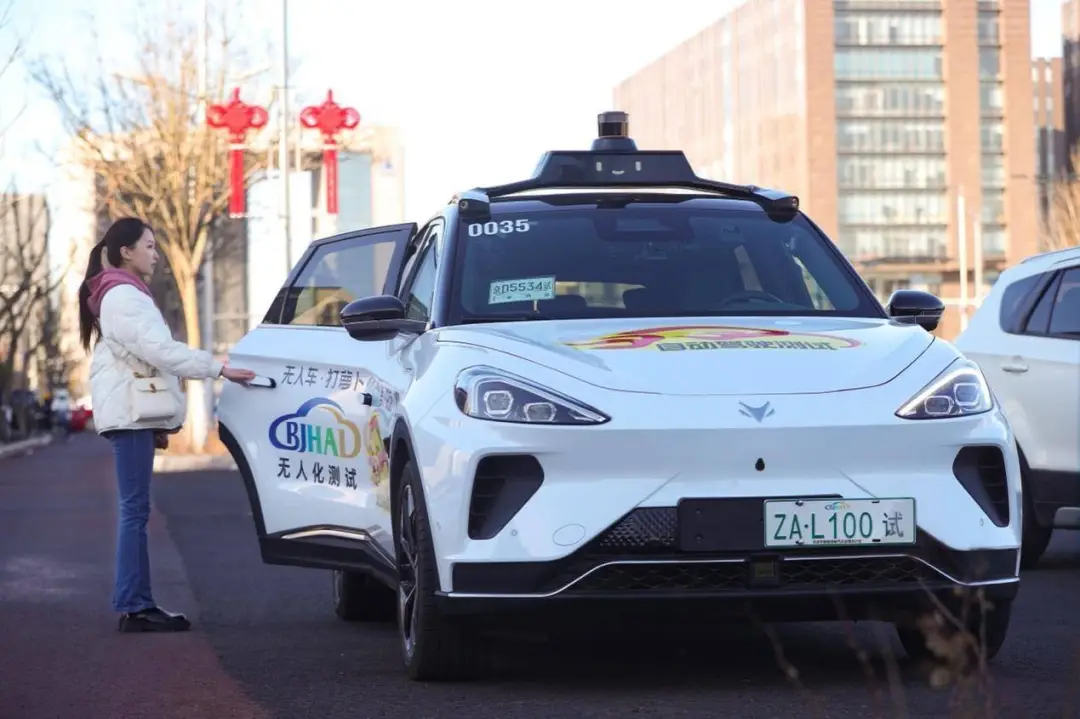The opening of the article takes a rather grim tone, stating that ride-hailing services (网约车) are no longer sustainable.
网约车,开不下去了。
This assertion is based on recent statistics from Guangzhou’s Transport Bureau (广州市交通运输局). According to these figures, not only has the number of ride-hailing orders decreased, but the average daily revenue has also dropped from last December to this May. The article uses these statistics to illustrate the average income of a typical taxi driver working 10 hours a day without a break. Even then, their monthly earnings, after accounting for car rental and other expenses, would only be around 6,000 to 7,000 RMB.
这意味着,一些网约车司机即便是「整月无休」,每天工作 10 小时以上,在未扣除用车成本的情况下,月收入也不超过 1 万元,除去每月租车及用车成本后,纯收入基本在 6000 元-7000 元之间。
The explanation is straightforward: more and more people are entering the ride-hailing business. The article uses the metaphor of having to share the cake with more people (分蛋糕的人变多了). There are currently 6,964,000 ride-hailing drivers (the drivers available through apps like Didi Chuxing), excluding traditional taxi drivers.
背后的原因很简单,分蛋糕的人变多了——全国多地发布网约车行业风险预警,公开提醒慎入网约车行业。
Then we get to the main part of the article: robotaxis. The bad news continues for drivers as they now not only compete with each other but also with robotaxis. The idiom used in the article 坏消息接踵而至, meaning “bad news follows in succession,” aptly describes their situation.
坏消息接踵而至,一些入行还没半年的师傅们发现,自己非但在和同行竞争,同时也在和自动驾驶赛跑。

Baidu’s robotaxis have also garnered significant attention on Weibo this month. Posts on Weibo indicate that 1,000 robotaxis are already deployed in Wuhan, impacting the orders of traditional taxi drivers significantly. Traditional taxi drivers have been hit especially hard, leading to protests (抗议) against the robotaxis with slogans such as “满大街接单,” meaning the robotaxis are taking orders all over Wuhan, and “让底层人吃不饱,” implying that the robotaxis are making it difficult for lower-class workers to earn a living (literally: unable to get enough food 吃不饱).
受影响更大的是巡游出租车,上个月,武汉还有大量出租车司机发出强烈抗议,称无人车不应「满大街接单」,「让底层人吃不饱」。
As you can read, the Baidu robotaxis got quite some attention. Next time we will investigate in more detail the impact these taxis have.
Two character words
- 慎入 shèn rù
Proceed with caution. In the context of the article, it is a warning to those considering entering the ride-hailing industry, which is becoming increasingly risky and less profitable.
Example sentence: 全国多地发布网约车行业风险预警,公开提醒慎入网约车行业。
Three character words
- 网约车 wǎng yuē chē
Ride-hailing. This term refers to services like Didi Chuxing (similar to Uber), where passengers book rides through an online platform.
Example sentence: 网约车,开不下去了。
Idioms (成语)
- 接踵而至 jiē zhǒng ér zhì
To follow one after another. This idiom is used to describe a situation where problems or events occur in quick succession. In the article, it refers to the series of challenges that ride-hailing drivers are facing, including competition from both other drivers and emerging autonomous vehicles.
Example sentence: 坏消息接踵而至,一些入行还没半年的师傅们发现,自己非但在和同行竞争,同时也在和自动驾驶赛跑。
Phrases
- 网约车,开不下去了 wǎng yuē chē, kāi bù xià qù le
Ride-hailing services cannot continue any longer. This phrase expresses the dire situation facing the ride-hailing industry, where decreasing demand, lower fares, and competition are making it increasingly difficult for drivers to sustain their business.
Example sentence: 网约车,开不下去了 - 运价下调 yùn jià xià tiáo
Decreased fares. This refers to the reduction in prices that ride-hailing drivers can charge, which directly impacts their income.
Example sentence: 在网约车运力过剩、运价下调等多重因素的影响下,网约车司机们要么接受低价订单,要么无单可接。 - 无单可接 wú dān kě jiē
No orders to take. This phrase describes a situation where there is insufficient demand for ride-hailing services, leaving drivers without any business.
Example sentence: 在网约车运力过剩、运价下调等多重因素的影响下,网约车司机们要么接受低价订单,要么无单可接。 - 风险预警 fēng xiǎn yù jǐng
Risk warning. In this case, it pertains to warnings about the declining profitability and increasing risks in the ride-hailing industry.
Example sentence: 全国多地发布网约车行业风险预警,公开提醒慎入网约车行业。 - 分蛋糕的人变多了 fēn dàn gāo de rén biàn duō le
More people sharing the cake. This metaphorical phrase indicates that there are more people competing for the same limited resources or opportunities.
Example sentence: 背后的原因很简单,分蛋糕的人变多了——全国多地发布网约车行业风险预警,公开提醒慎入网约车行业。 - 让底层人吃不饱 ràng dǐ céng rén chī bù bǎo
Making it hard for lower-class people to earn a living (literally: to not get enough food). In the article, it refers to the impact of autonomous vehicles on traditional taxi drivers, who are finding it increasingly difficult to make ends meet.
Example sentence: 受影响更大的是巡游出租车,上个月,武汉还有大量出租车司机发出强烈抗议,称无人车不应「满大街接单」,「让底层人吃不饱」。 - 整月无休 zhěng yuè wú xiū
Having no rest for the entire month. This phrase describes the grueling work schedules that ride-hailing drivers are often forced to endure.
Example sentence: 这意味着,一些网约车司机即便是「整月无休」,每天工作 10 小时以上,在未扣除用车成本的情况下,月收入也不超过 1 万元,除去每月租车及用车成本后,纯收入基本在 6000 元-7000 元之间。 - 和自动驾驶赛跑 hé zì dòng jià shǐ sài pǎo
Racing against autonomous driving. This phrase metaphorically represents the competition between human drivers and autonomous vehicles.
Example sentence: 坏消息接踵而至,一些入行还没半年的师傅们发现,自己非但在和同行竞争,同时也在和自动驾驶赛跑。